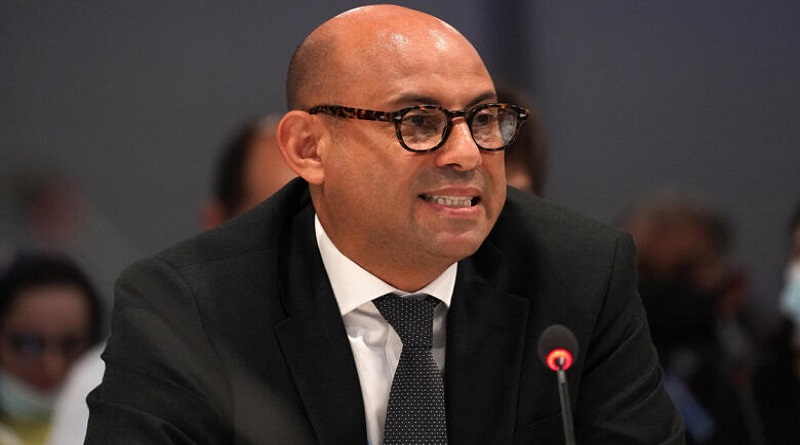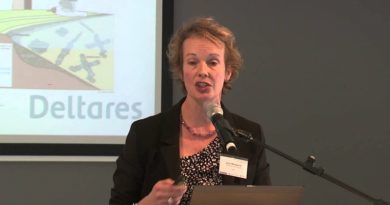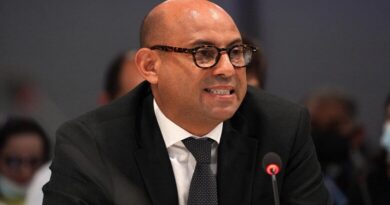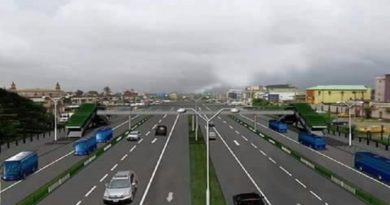NDCs 3.0 regional forum for the Pacific kicks off in Samoa
The regional forum for the Pacific on the Nationally Determined Contribution (NDC) will kick off in Apia, Samoa from August 12-16, 2024.
The Pacific nations, while contributing negligibly to global emissions, are on the frontlines of climate impacts. They are building resilience through adaptation planning and investments while also making bold commitments to reduce their carbon footprints through ambitious climate policies and projects. All 14 Pacific Island Countries have submitted their first NDC, 11 have submitted updated, revised or second Nationally Determined Contributions (NDCs), and 5 countries have submitted their National Adaptation Plans (NAPs).
The next generation of NDCs (so-called NDCs 3.0), due in 2025, are an opportunity to set the world back on track for achieving the objectives of the Paris Agreement and to align climate action with sustainable development. New NDCs must be informed by the first Global Stocktake (GST), and they need to drive transformational implementation in each country, unlock finance, identify technology and capacity needs, increase resilience, and ensure that no one is left behind.
Participation in international carbon markets and Article 6 can attract foreign investment into renewable energy, reforestation, and other green projects, thereby providing potential significant revenue for Pacific island nations, supporting local economies, and funding sustainable development projects. The Pacific island nations have not benefited much from the Clean Development Mechanism under the Kyoto Protocol (CDM), as awareness raising and capacity building were lagging behind. Technical expertise in measuring, reporting, and verifying emissions reductions can benefit greatly from carbon market participation. While some Pacific island states receive support, there is still much room for enhancing regional dialogues on effective carbon pricing strategies, stakeholder engagement strategies, and implementation pathways.
The final GST outcome from COP28 highlights the importance of ‘multi-stakeholder engagement, enhancing ownership by beneficiary countries, and sharing experiences and lessons learned, particularly at the regional level’, while recognizing the significant capacity constraints of the least developed countries and small island states, making the Pacific region a priority area for collectively providing support.
The overall objective of a week-long forum is to serve as a platform for development partners to strengthen their commitment to serve the Pacific countries to address the challenges posed by climate change, highlight the importance of regionally-specific, locally-driven initiatives, and discuss ways to accelerate climate action and just, inclusive transition in the region. The event offers a multi-faceted and practical approach to understanding, planning and implementing climate change mitigation strategies.




